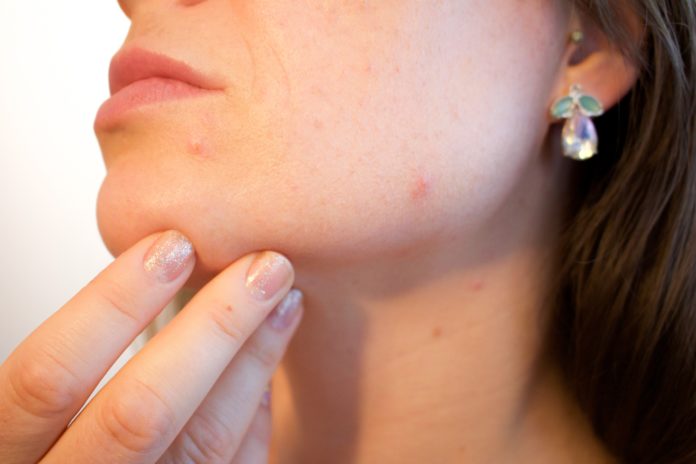Kids with severe eczema infected with a common bacterium are at a higher risk of developing food allergy
Young children with severe eczema infected with Staphylococcus aureus (SA) bacterium are at a higher risk of developing food allergy, reports a new study published in the Journal of Allergy and Clinical Immunology.
Staphylococcus aureus (SA) is a bacterium that can be found in the nose and the skin of healthy individuals.
However, SA is more common in sufferers of eczema, especially severe eczema.
Immune system of people with allergy mistakes a harmless substance (such as eggs or peanuts) as an intruder and reacts by producing a molecule (or antibody) known as Immunoglobin E (IgE).
Children with SA on their skin and/or nose were more likely to develop peanut allergy despite them being fed with peanut from early ages as part of the Learning Early About Peanut Allergy (LEAP) study protocol
When IgE encounters the intruder on the skin or within the body it releases chemicals, such as histamine that cause the allergic reaction.
The team of scientists found that young children with severe eczema who are infected with SA produce more IgE against peanut, egg and milk indicating they have a food allergy to each of these.
These children were also more likely to have their egg allergy persist at the age of 5 or 6 years in comparison to children that did not have SA present.
Lead author Dr Olympia Tsilochristou from King’s College London said: “This is significant as most children with egg allergy usually outgrow this at an earlier age.”
In this current study, scientists found that children with SA on their skin and/or nose were more likely to develop peanut allergy despite them being fed with peanut from early ages as part of the Learning Early About Peanut Allergy (LEAP) study protocol.
Co-author Professor du Toit said: “These findings indicate that SA may have reduced the chance of young infants gaining tolerance to peanut, even if peanut was eaten in early childhood.”
Professor Lack, who conceived and led the LEAP study, said that “SA could be considered as an additional risk factor for the development of food allergy.”


